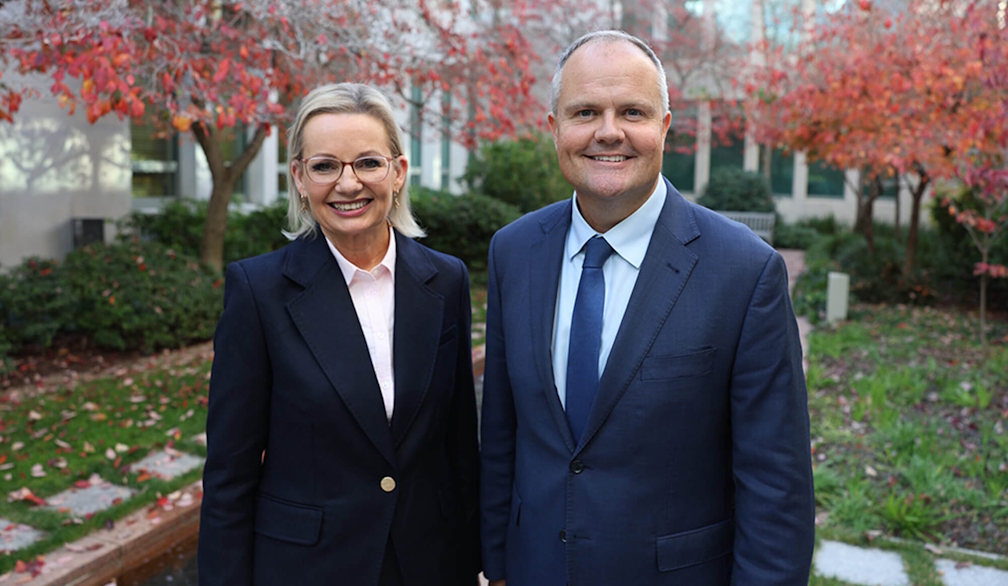Navigating Employment With A Disability: Empowering Success Through Inclusion And Support

Disability-related living can provide particular difficulties in a variety of spheres of life, including employment. However, people with disabilities can pursue rewarding occupations and make a contribution to the workforce with the correct assistance and tools. The value of reasonable accommodations, the function of assistive technology, the necessity of evaluating talents when working with a disability, and the importance of inclusion in the workplace will all be covered in this article.
Inclusivity in the Workplace
It is critical to ensure that people with disabilities have equal opportunities to succeed professionally through fostering an inclusive workplace, supported by disability support services sydney. Employers should place a high priority on diversity and actively work to remove any obstacles that would prevent the inclusion of people with disabilities. This can be done by instituting inclusive recruiting processes, giving managers and staff the necessary training on disability awareness and etiquette, and creating a welcoming environment.
By adopting diversity, businesses may access a varied talent pool, strengthening their teams with new ideas, perspectives, and innovations. Additionally, encouraging an inclusive workplace benefits everyone on staff by promoting a good and supportive environment, which raises job satisfaction, boosts productivity, and increases employee retention rates.
Reasonable Accommodations
Modifications or alterations made in the workplace to help people with disabilities carry out their jobs effectively are known as reasonable accommodations. Depending on the type of disability and the particular job requirements, these adjustments may differ. Flexible work schedules, adapted tools or equipment, physical workplace adaptations, and the availability of assistive technology are a few examples of reasonable accommodations.
According to regulations against disability discrimination, such as the Americans with Disabilities Act (ADA) in the United States or the Equality Act in the United Kingdom, employers are required to make reasonable adjustments. These modifications assist in leveling the playing field for workers with disabilities, enabling them to reach their full potential and offer their skills and talents to the company.
The Role of Assistive Technology
In order to overcome obstacles and succeed in the job, people with disabilities need the help of assistive technology. These modern devices are made to assist autonomous functioning and improve functional capacities. Screen readers and voice recognition software for people with visual impairments, ergonomic keyboards and customized mouse gadgets for people with mobility issues – assistive technology might vary depending on the particular disability.
A person's talents and the particular obstacles they confront in their workplace must be assessed in order to determine the best assistive technology for them. Professionals who provide disability employment services or occupational therapists can help with this procedure. Additionally, people can look into financial possibilities, such as through government initiatives like the National Disability Insurance Scheme (NDIS), to buy assistive equipment. Individuals may need a functional capacity assessment for NDIS as well. This will ascertain their eligibility for help and funding.
Evaluating Abilities
It's critical to appropriately assess abilities while working with people who have disabilities in order to pinpoint strengths, limitations, and potential growth areas. People can use this examination to identify the kinds of employment that fit their talents and interests. As each person brings their own set of talents to the table, it is crucial to concentrate on abilities rather than constraints.
People can evaluate their abilities by looking at their prior employment history, academic accomplishments, transferable skills, and personal interests. Career evaluations and occupational counseling can also offer insightful advice. Individuals can receive further assistance in navigating the labor market and locating suitable employment opportunities by seeking assistance from disability employment service providers or vocational rehabilitation organizations.
Overcoming Barriers and Thriving
While having a disability can make working more difficult, it's vital to keep in mind that people with disabilities often have unique perspectives and useful skills to offer the profession. People with disabilities can overcome obstacles and succeed professionally through building inclusive workplaces, offering reasonable adjustments, utilizing the power of assistive technology, and effectively evaluating abilities.
In order for everyone, regardless of their ability, to attain their full potential, an inclusive and supportive atmosphere must be fostered by employers and society as a whole. We can build a more inclusive workforce that values the distinct talents and contributions of everyone, regardless of disabilities, by embracing diversity, removing barriers, and granting equitable opportunity.
In summary, working with a disability necessitates a combination of assistance, modifications, and a change in perspective. We can benefit from the unique talents and viewpoints of people with disabilities by building an inclusive atmosphere, which encourages innovation, productivity, and general job happiness.












